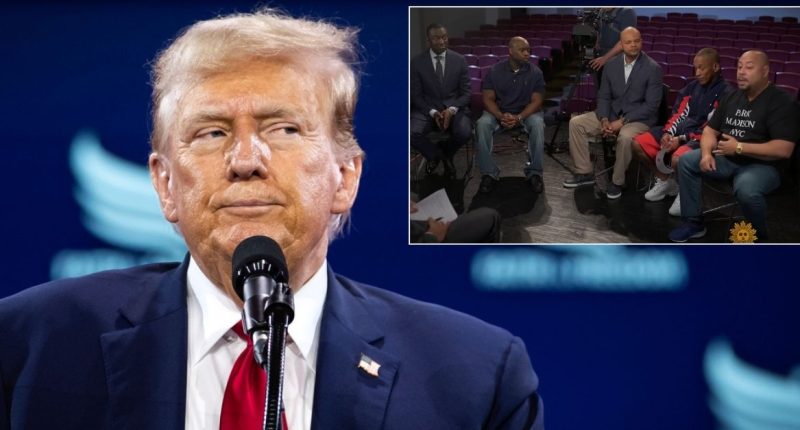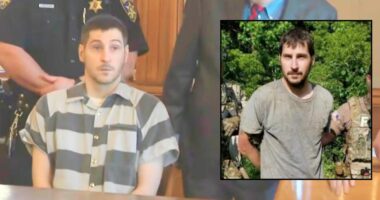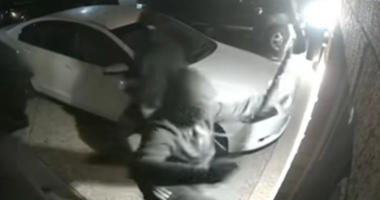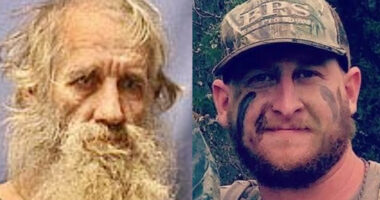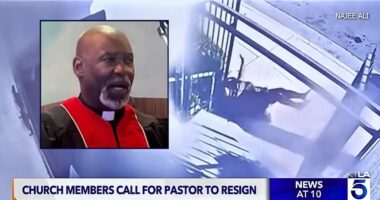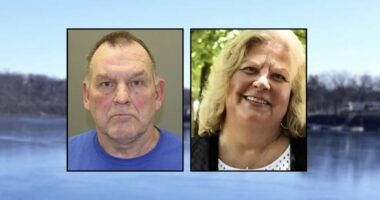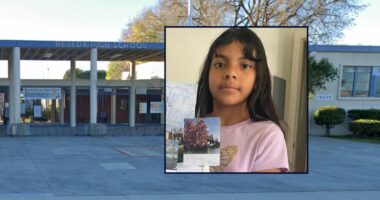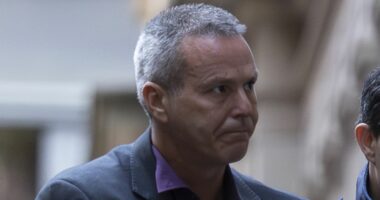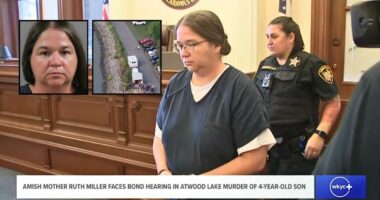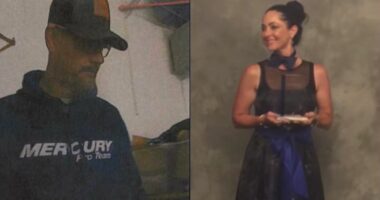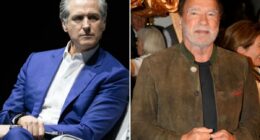Share this @internewscast.com
Inset, from left to right: Yusef Salaam, Antron McCray, Korey Wise, Kevin Richardson, and Raymond Santana feature on CBS Sunday Morning, May 12, 2019 (CBS Sunday Morning). Background: Donald Trump speaks at the annual Road to Majority conference in Washington, DC, June 22, 2024. (Allison Bailey/NurPhoto via AP)
President Donald Trump is standing firm on his assertion that he possesses “absolute immunity” from a defamation lawsuit brought against him by the exonerated members of the Central Park Five, regarding false accusations he made about them during a televised debate with then-Vice President Kamala Harris.
In an 11-page reply filed Wednesday, the president claimed he should be granted an automatic stay in the case while an appellate court decides if he is shielded from litigation under Pennsylvania law. The document argues that the state’s Uniform Public Expression Protection Act (UPEPA) — an anti-SLAPP statute designed to shield defendants from being threatened or silenced by costly lawsuits — is applicable to the case and protects him from the plaintiffs’ allegations.
Trump is contesting an earlier decision by U.S. District Judge Wendy Beetlestone, who dismissed his request to throw out the defamation suit, ruling that the Central Park Five’s claims aren’t precluded by UPEPA, Pennsylvania’s version of an anti-SLAPP law.
“In passing the [UPEPA], the Pennsylvania General Assembly clearly recognized the profound chilling effect that lawsuits targeting public engagement have on constitutionally protected speech. To address these judicial process abuses, the legislature granted defendants substantive immunity from litigation to shield them from the hassle and costs related to baseless lawsuits,” Wednesday’s filing asserts. “Since the record indicates UPEPA immunity was meant to safeguard defendants from litigation burdens, and President Trump’s appeal raises a non-frivolous issue, this Court should order an immediate stay.”
Beetlestone ruled last month that UPEPA does not apply in federal court. On appeal, Trump maintained that the law must be enacted in federal court, thus granting him immunity from the plaintiffs’ lawsuit. The appeal further argued that due to Trump’s alleged entitlement to immunity, the court is “mandated” to provide his request for a stay pending appeal.
Attorneys for the Central Park Five pushed back on Trump’s claim that a stay in the case is mandatory, claiming the president “does not cite any relevant case for this proposition” and is conflating absolute immunity — being immune from litigation — with being statutorily immune from liability.
For example, a sitting president would be immune from litigation if a lawsuit were based on any official acts taken within the scope of presidential duties, regardless of the merits. On the other hand, immunity based on anti-SLAPP statutes typically requires courts to address the merits of the plaintiff’s claims.
Trump on Wednesday argued that plaintiffs’ position “fundamentally misconstrues the statute,” claiming UPEPA “grants defendants an immediate entitlement to avoid the litigation process itself, which cannot be vindicated once Defendant is subjected to the burdens of litigation.”
“UPEPA immunity is, therefore, like that afforded to defendants under the doctrines of absolute and qualified immunity, and the Court should stay the proceedings in this case as it would in cases where such immunities are invoked,” the filing says.
The president further asserted that refusing his request to stay the proceedings while the 3rd U.S. Circuit Court of Appeals would establish a precedent allowing lawsuits to be filed against citizens “for merely voicing their opinions in quintessentially political discussions.”
The wrongly accused quintet sued Trump for false statements he made during last year’s presidential debate with Kamala Harris in which he said the plaintiffs “pled guilty” to the horrific 1989 attack on a Manhattan jogger and “ultimately killed a person.”
Antron McCray, Korey Wise, Kevin Richardson, and Raymond Santana gave police coerced confessions, but never pleaded guilty while Yusef Salaam did not confess or plead guilty. Additionally, no one died in the attack, which was later conclusively proven to have been committed by a man named Matias Reyes.
